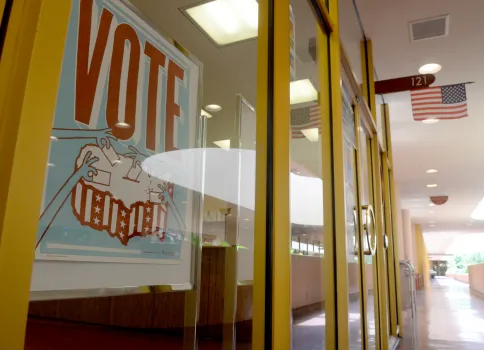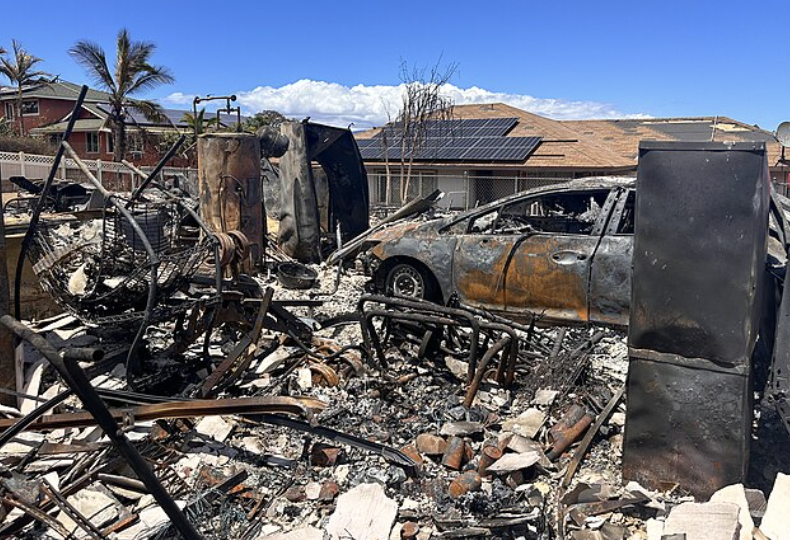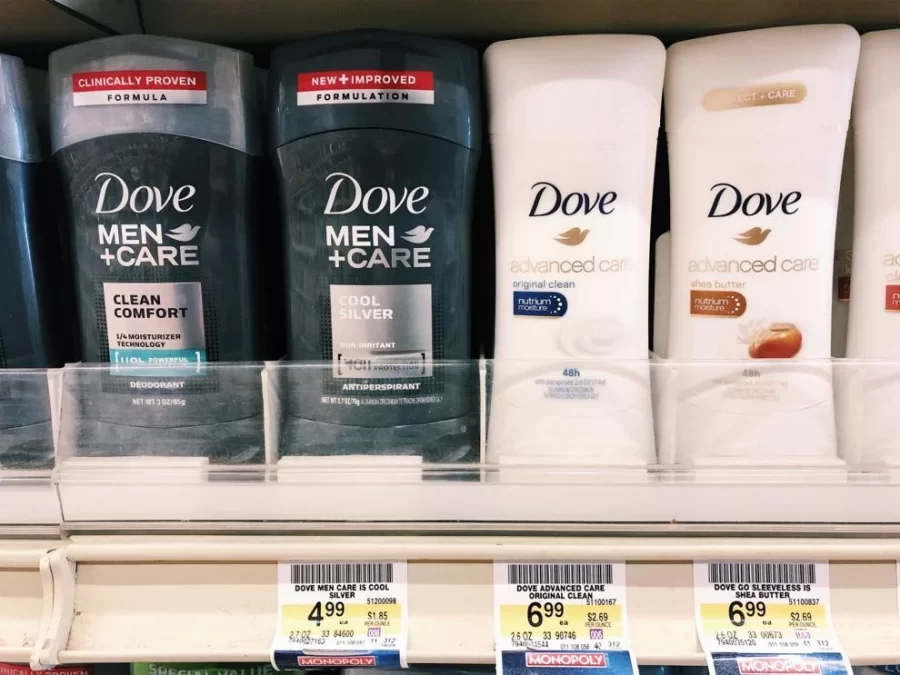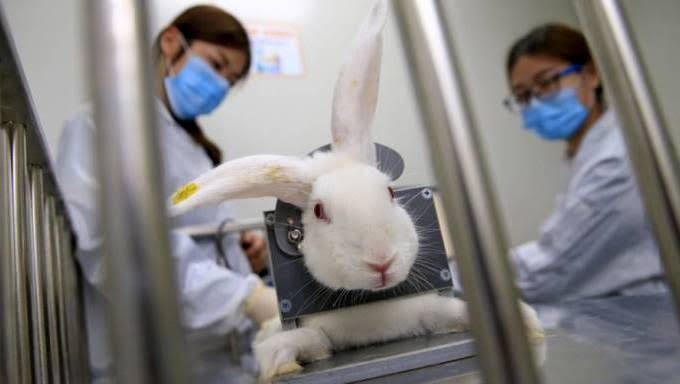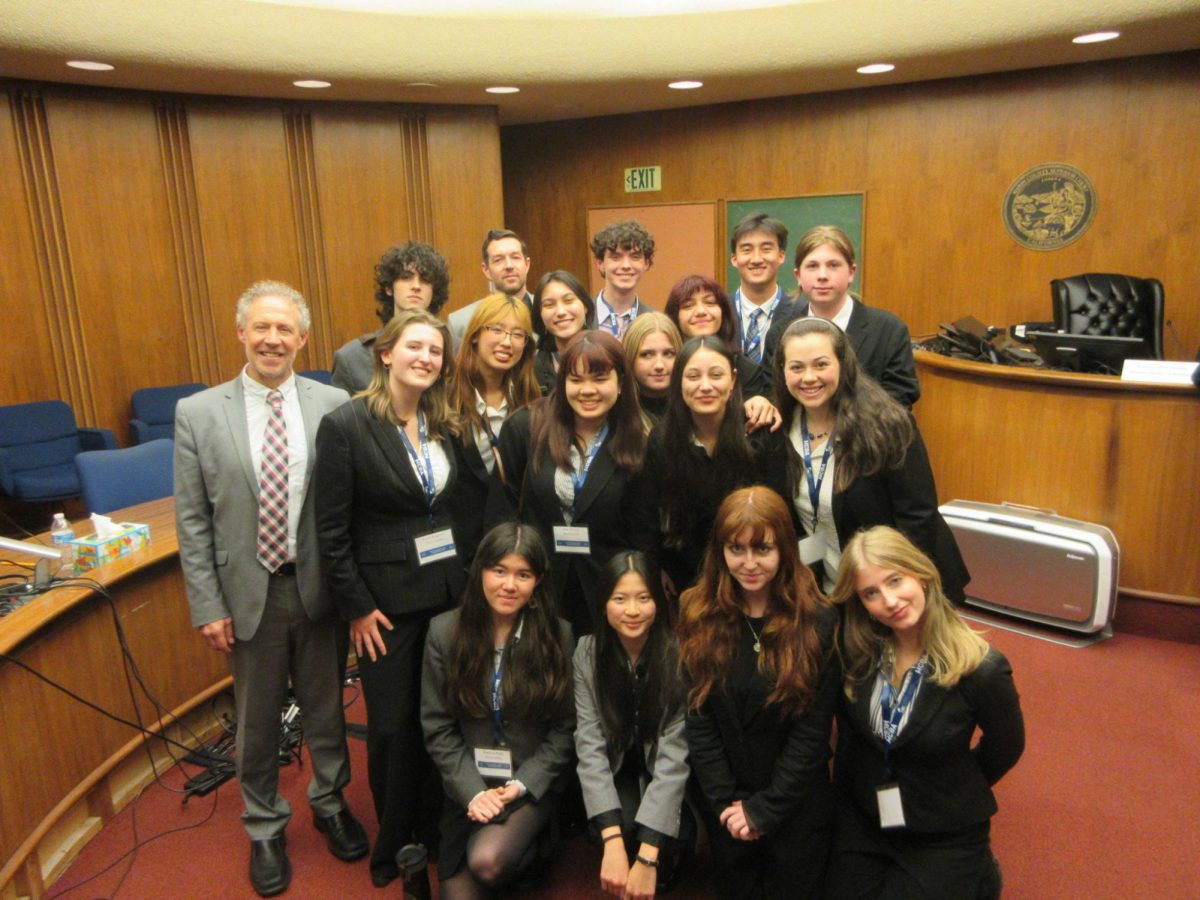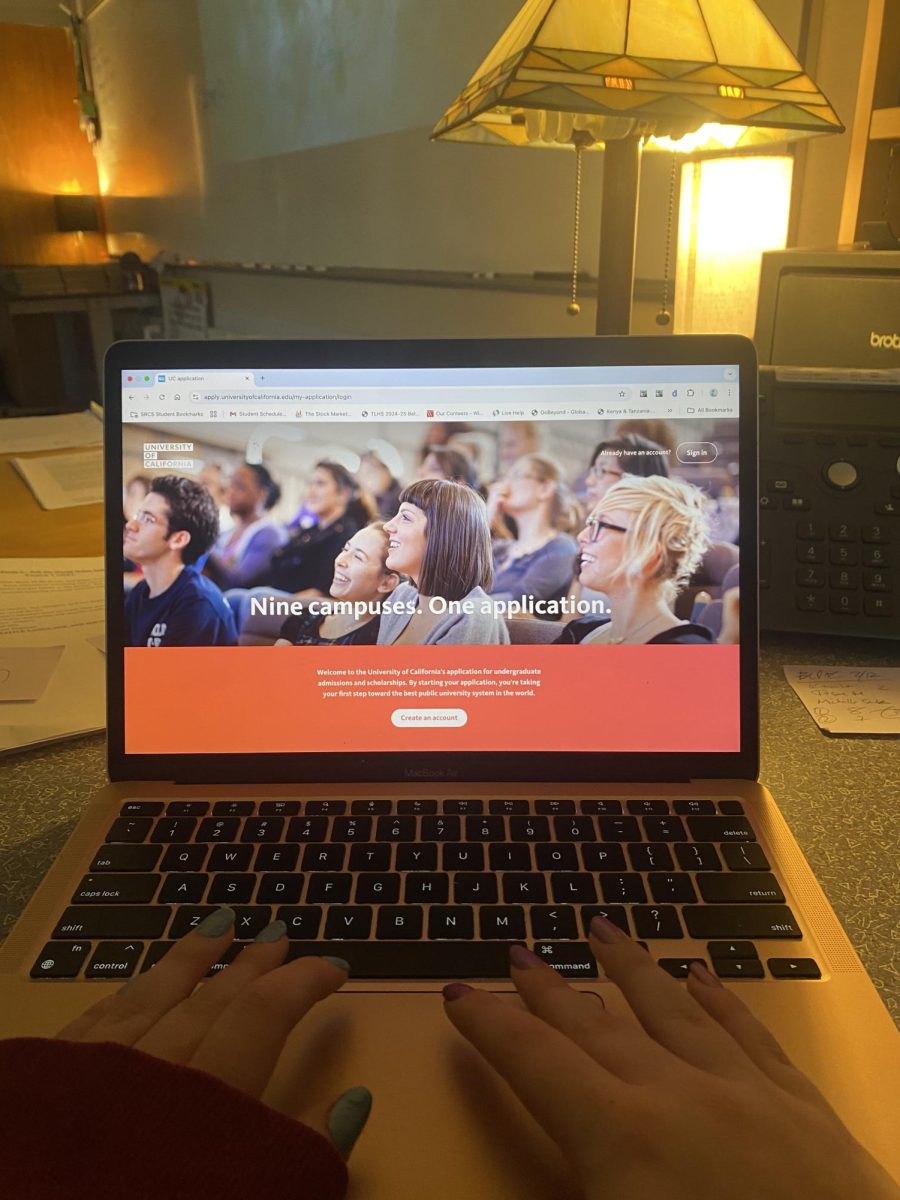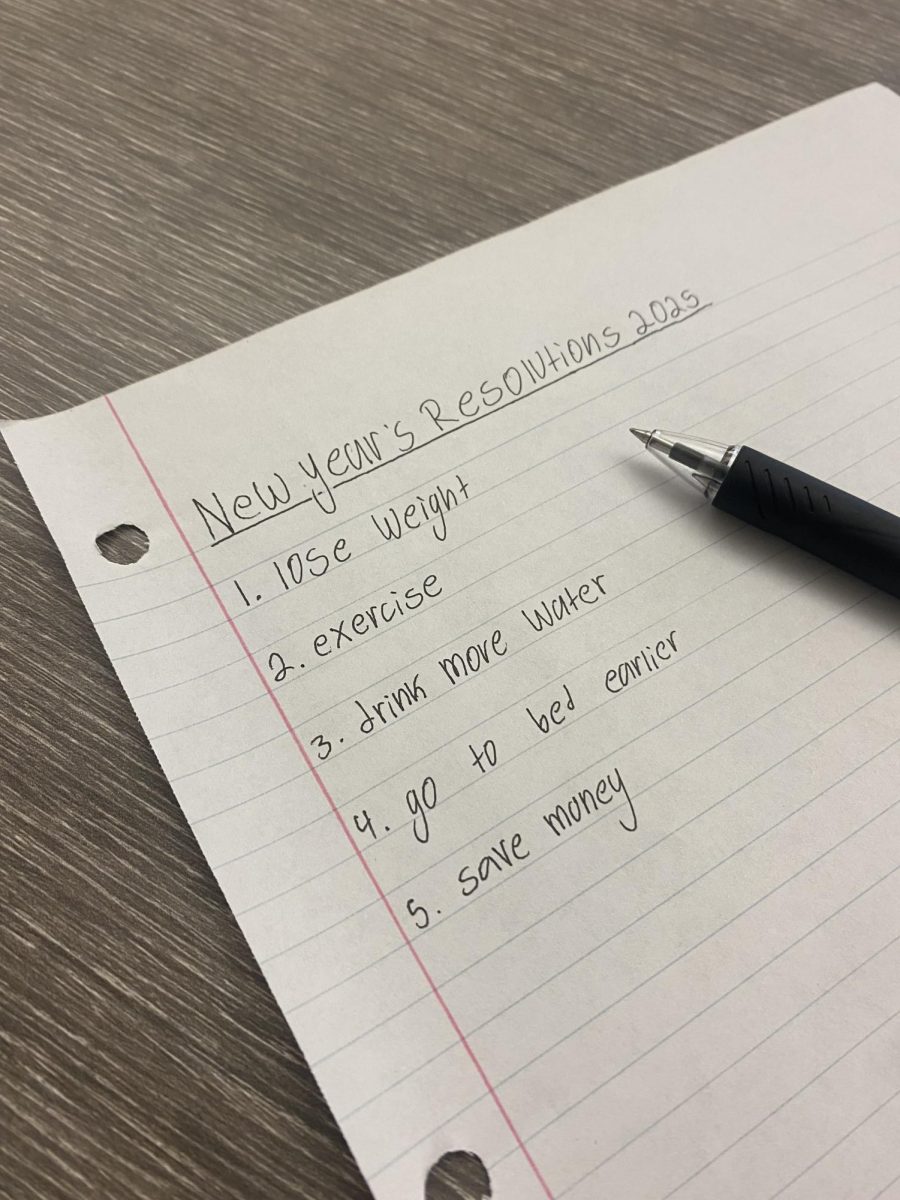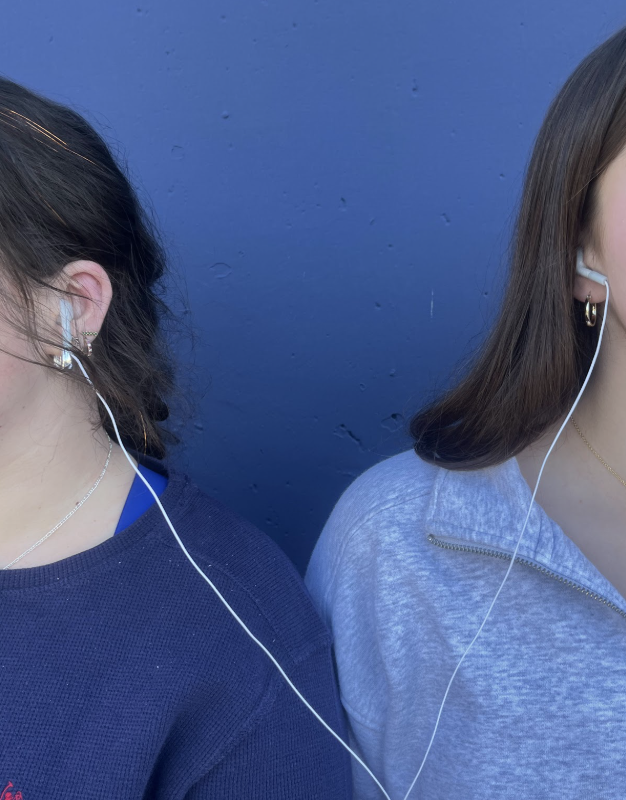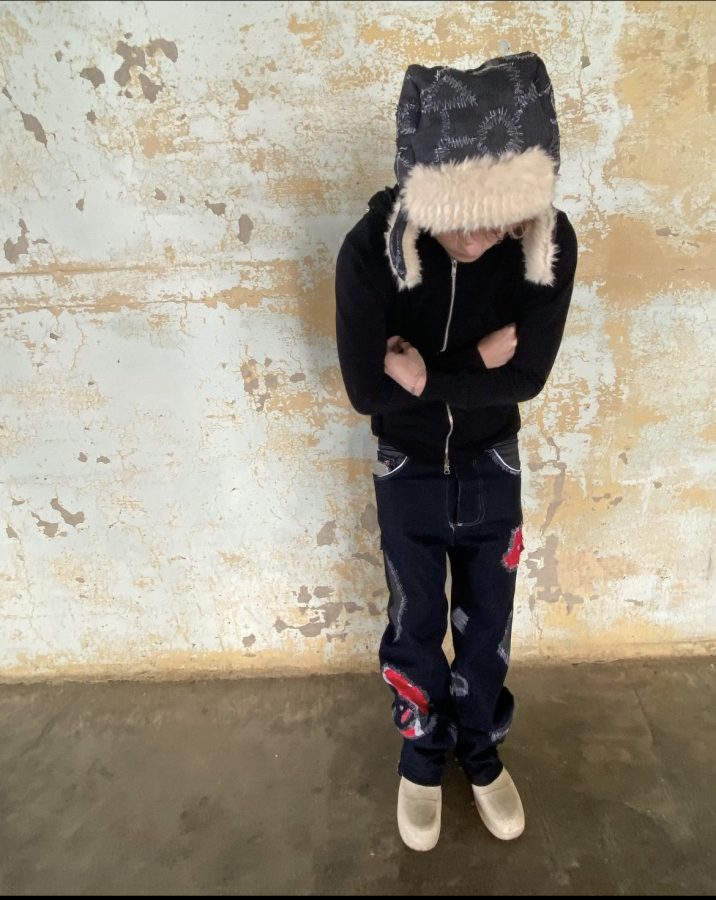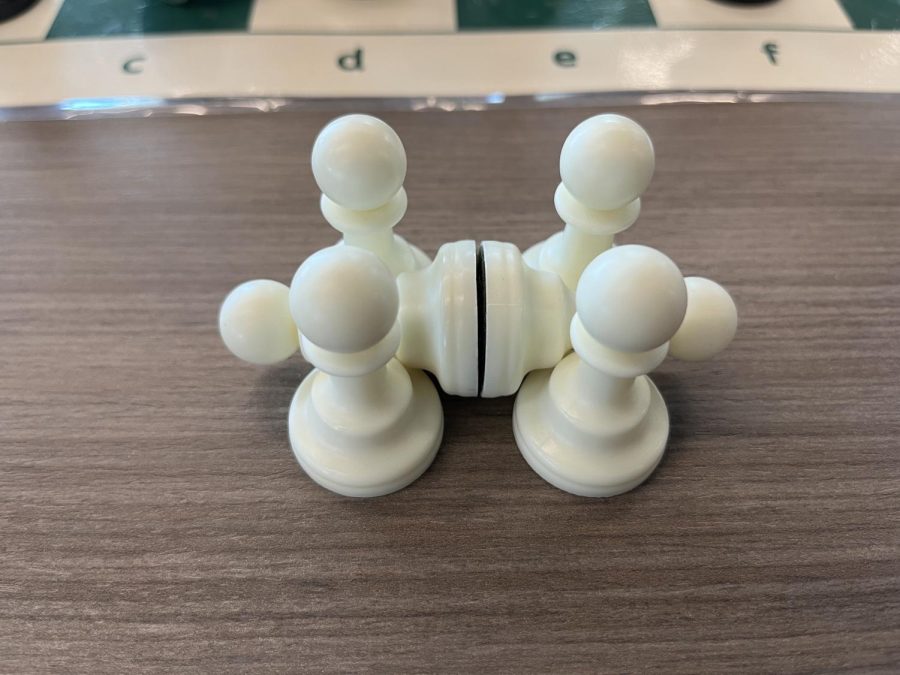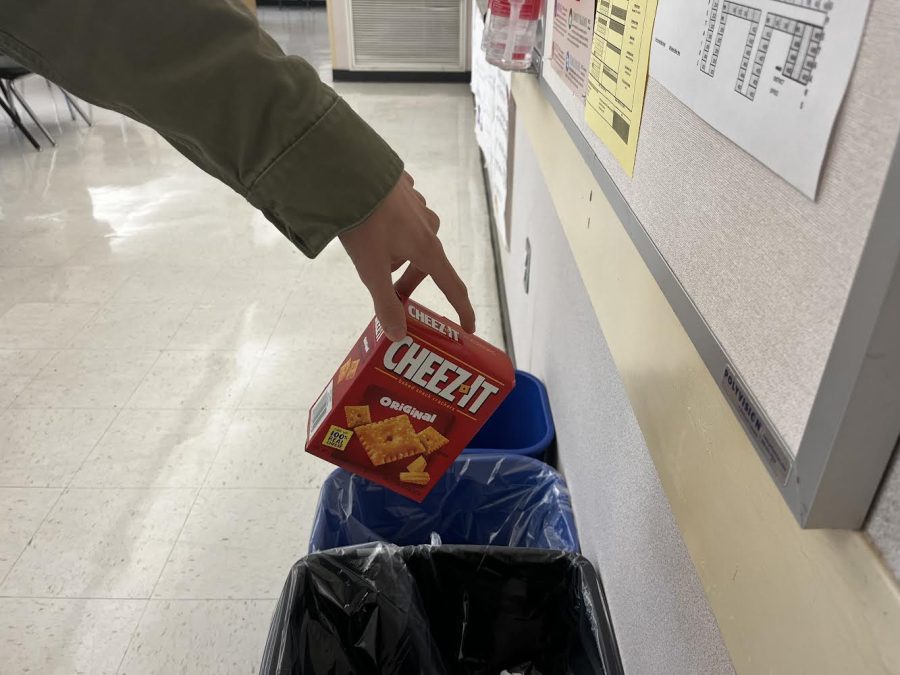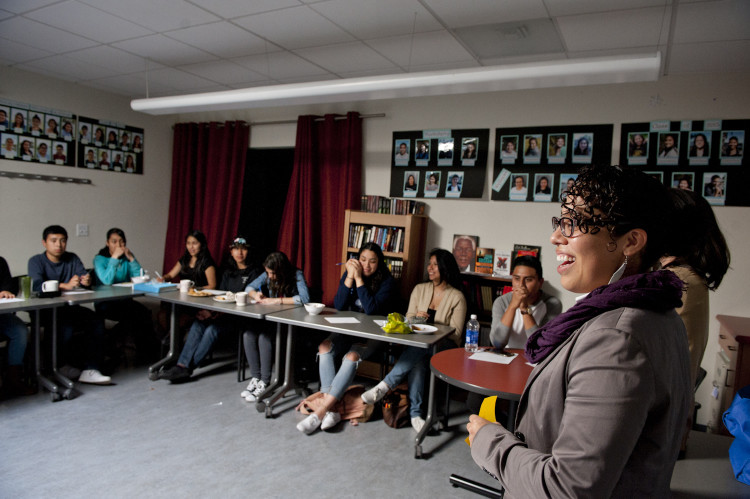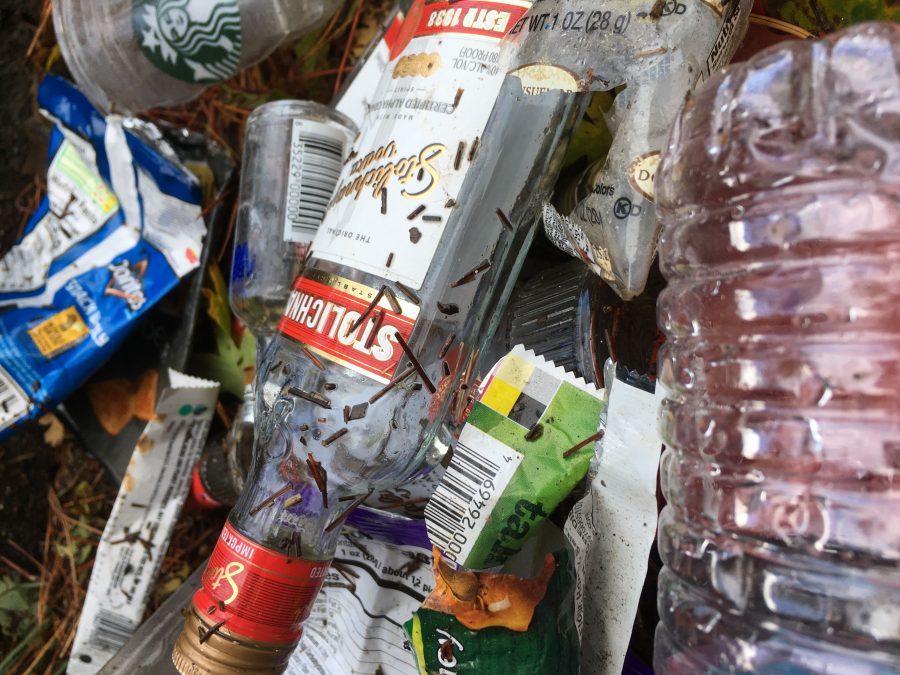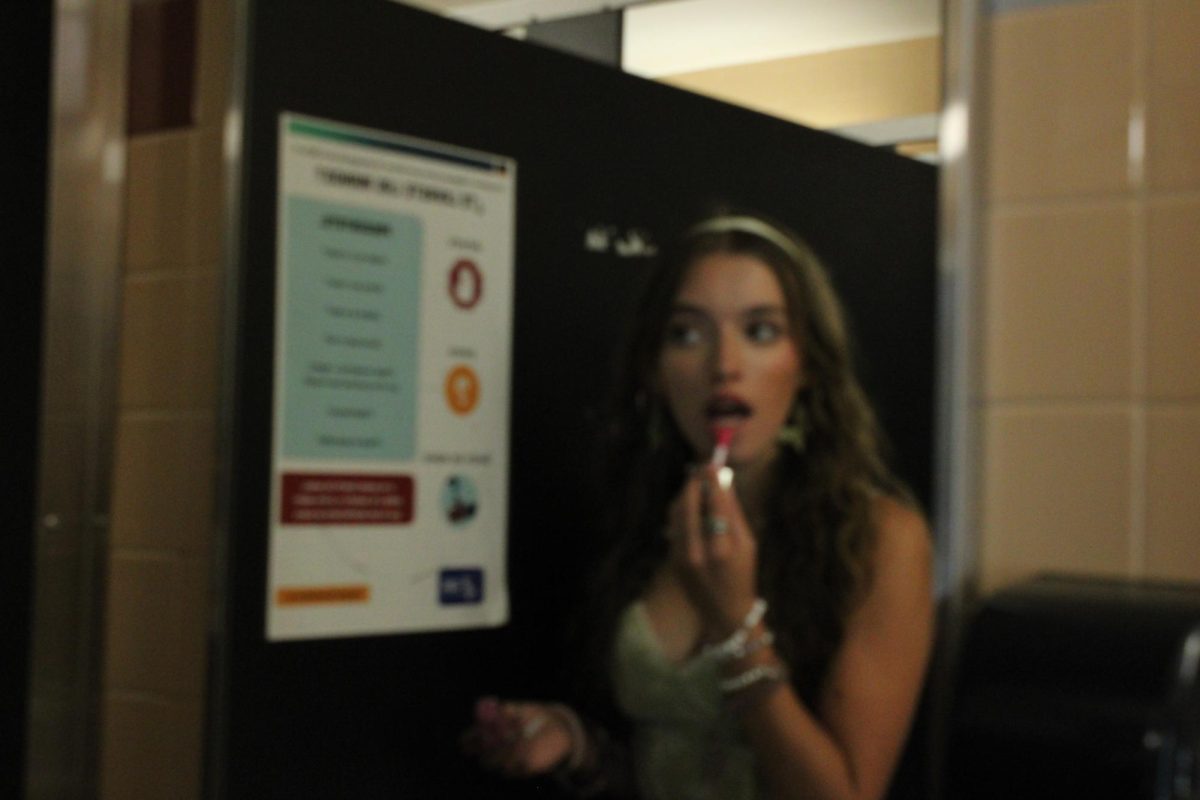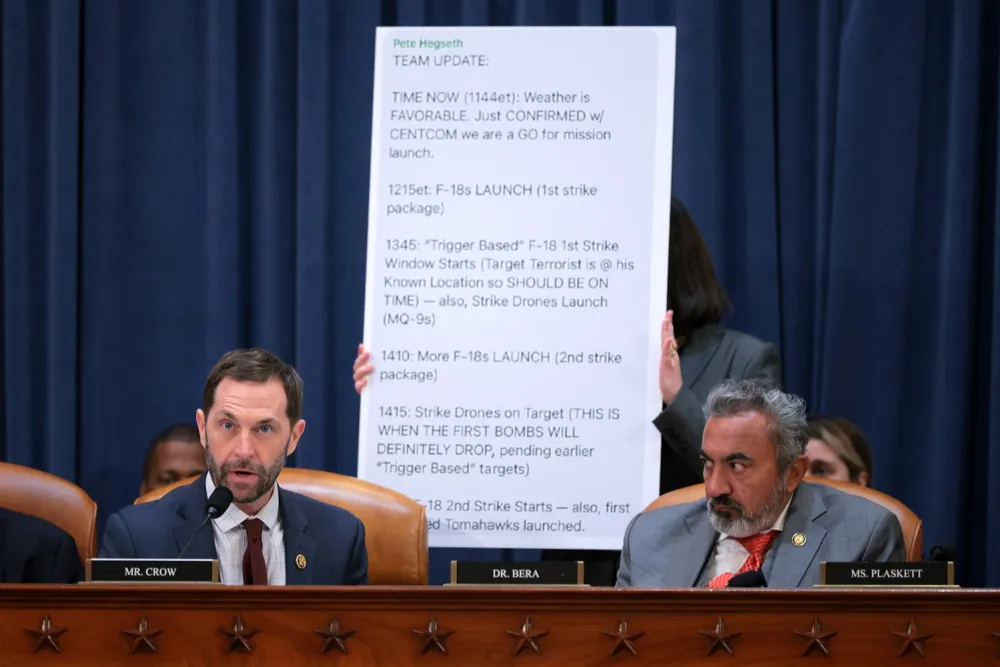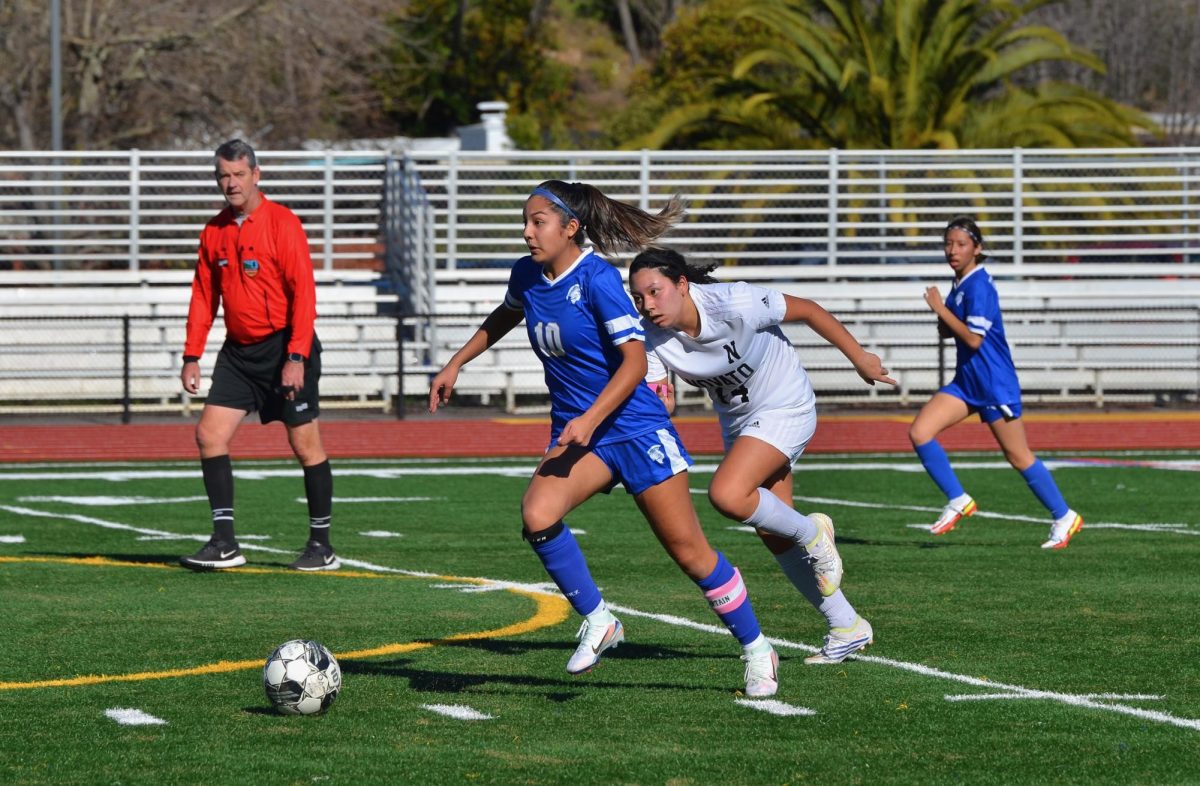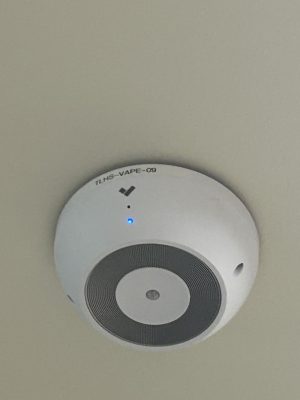Extra Credit Policy Inequality
January 17, 2023
Grades have become increasingly important to students, colleges, and parents. Pressure to succeed and get A’s has become more prevalent in each generation’s lives. Homework, participation, and tests all make up grades here at Terra Linda High School. When grades slip, students feel desperate to increase them, usually through completing missing assignments and additional work for more credit. Extra credit is something that only some teachers offer, if at all. Some teachers post worksheets on Canvas, have students write essays, or do classroom tasks. Some offer other opportunities that take place in person at varying times before and after class. Ceci Osborn, a Terra Linda senior, said, “I think it’s important for teachers to make sure that the extra credit they offer is accessible to everyone.” However, that is not always the case.
Sometimes, when teachers assign extra credit, it can occur after school. Some students may have obligations like taking care of siblings, working a job, or not having means of transportation after school. Occasionally, earning extra credit may require bringing school supplies to the classroom but some students might not be able to spend money on things like bringing in toys for a drive or tissues for classrooms. This can create an uneven playing field, where students with more resources, time, or money have access to credit opportunities that others may not.
At Terra Linda, bathroom passes have been given to each classroom so that only one student can use the pass at a time. With the current system, this is the only rule in place regarding bathroom restrictions. Some teachers allow unused bathroom passes assigned at the beginning of the year to be turned in for extra credit. This includes Mrs. Reid, a math teacher here at Terra Linda, who uses this rule. This solution was created to “Incentivize students to be in our class and engaged as much as possible.” This is a reasonable suggestion, as students can be easily distracted by and abuse bathroom rules. However, the one-person-at-a-time rule eliminates the aforementioned problem.
Sometimes students need to use the bathroom for a short mental break, have to deal with a period, or need to pump insulin. These are just examples of the main issue of inequality with the bathroom extra credit system; it doesn’t consider gender, mental health, medical conditions, etc. It’s more complex than using the restroom before class sometimes. Students must use it during class; it’s inevitably a human function. These factors mean that students must use the bathroom, even though they may lose a few minutes of learning. By assigning extra credit when students have to use the bathroom, not only are they missing learning time, but they are also losing class credit.
The main concern with all of these different circumstances is that students with different situations are creating unequal learning opportunities in some cases. In the future, rules regarding extra credit should consider every student reasonably, ensuring everyone can succeed no matter who they are. Teachers and staff should actively look for new rules to ensure this. This should be different; schools should be a place where students can learn and study equally. There could be rules about extra credit only influencing grades when the material surrounds classroom learning that can be done remotely or during school hours through given materials. This would eliminate some outside limitations for students with obligations or restrictions previously prohibiting their involvement. Additionally, having any extra credit to incentivize students not to use the restroom during class should be discouraged as long as there is no safety concern and students are mature enough to manage themselves. Overall, some adaptations to the rules should be enforced to create a more equal academic environment, fully including and acknowledging all students.



